Pabna, August 11 (V7N) — Goyanath Sarker, a once-admired private tutor and schoolteacher from Kumarghara village in Bilchalan Union, Chatmohar upazila of Pabna, has spent 48 years of his life shaping young minds. Today, at an age when he should be enjoying the respect and rest earned through decades of service, he works as a mason’s assistant to support his family.
Every morning, the aging teacher sets out on a broken bicycle, returning home late at night after a full day of hard labor. Despite having taught countless students—some of whom have gone on to become doctors, engineers, and professionals—he now earns Tk 300 to 350 a day carrying bricks and mixing cement. It’s a life he never imagined, even in his worst dreams.
Speaking to this correspondent on Sunday morning while working at a construction site in Shahapara, Chatmohar town, Goyanath shared his story. He passed his SSC in 1984 but could not pursue further education due to poverty. He began tutoring students in his village and worked as a day laborer to make ends meet. Known for his strong command over English and mathematics, Goyanath soon became a sought-after tutor. His teaching reputation spread across the area, and he later secured a low-paying job at a local kindergarten school in the town.
Despite the modest salary, Goyanath continued the job for years, holding onto it out of pride and commitment to education. After achieving a little financial stability, he got married and became the father of three children. Determined to give them the education he could not afford himself, he worked tirelessly. His eldest son is now a first-year honors student at Edward College, Pabna; his second son studies in grade ten; and his daughter is in grade seven.
For years, his income from private tutoring and school employment kept the family afloat. But when he asked for a raise at the school last year and received no response, he left the job. He continued tutoring, but his fortunes soon worsened. Several schools began warning parents that if their children took private lessons from outside tutors instead of school teachers, the institution would not be responsible for poor academic performance. This policy caused Goyanath to lose many of his students.
Soon, he was completely out of work. With no other option to feed his family or pay for his children's education, Goyanath turned to manual labor. He now works as a helper (jogali) to local masons—an incredibly painful transformation for someone who spent his life building minds, not buildings.
One parent, Ibrahim Hossain Molla, recalled, “My son was weak in mathematics. Every day, I used to take him to Goyanath Sir from quite far away. Now my son is in college and does well in math. It’s heartbreaking to see someone who shone so brightly as a teacher now carrying bricks.”
With a trembling voice and tears in his eyes, Goyanath said, “I started teaching while I was still a student myself. I never imagined that one day I would be forced to leave my beloved profession. I only wanted to live the rest of my life with dignity. But now I’ve accepted my fate—even though it hurts deeply.”
When approached for comment, Chatmohar Upazila Nirbahi Officer (UNO) Musa Naser Chowdhury said, “I am aware of the situation. I will visit his home, talk to him directly, and try to understand his needs. The upazila administration will do what it can to support him.”
Goyanath Sarker’s story highlights the fragile state of non-government educators in rural Bangladesh, who often serve for decades without proper pay, recognition, or security—and whose fall into hardship goes unnoticed until it’s too late.
END/MSR/SMA/



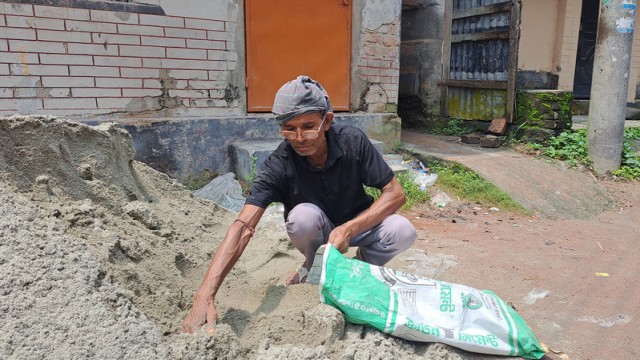
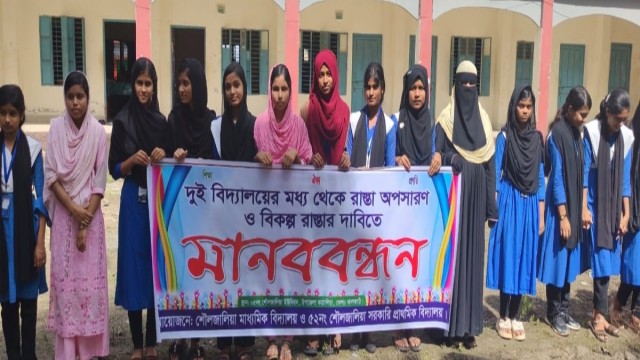
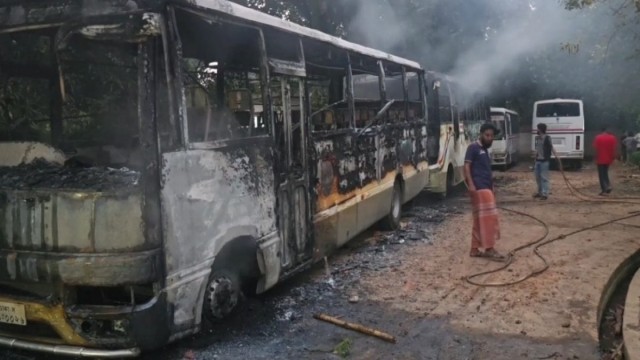
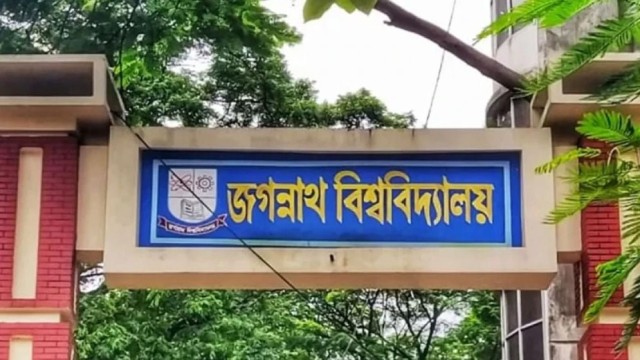


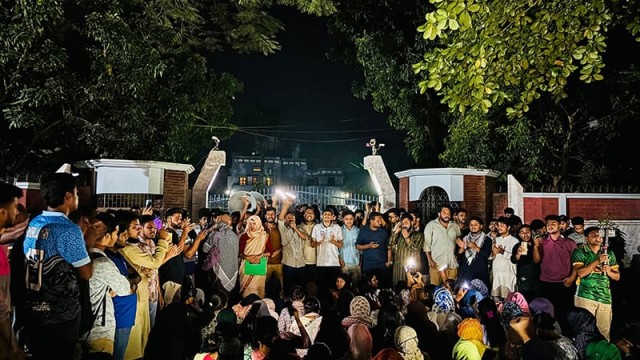



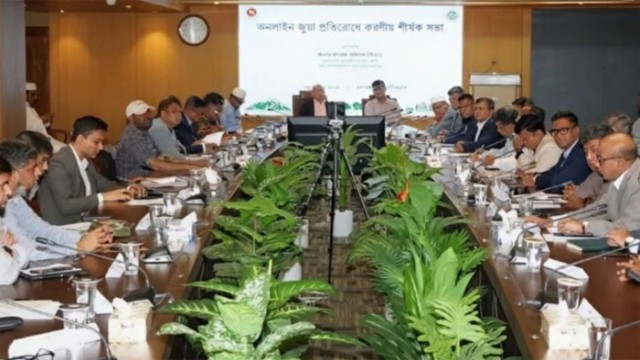
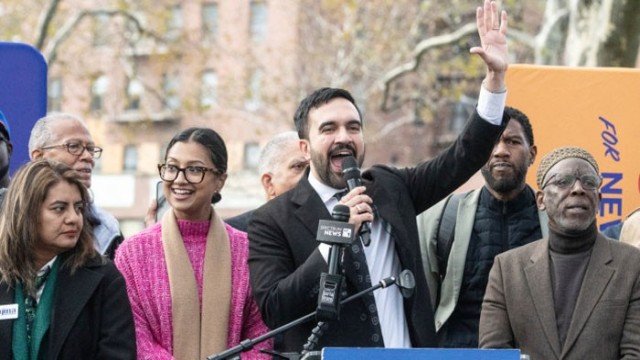

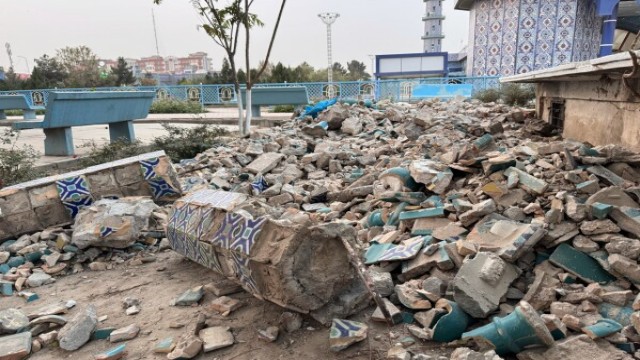
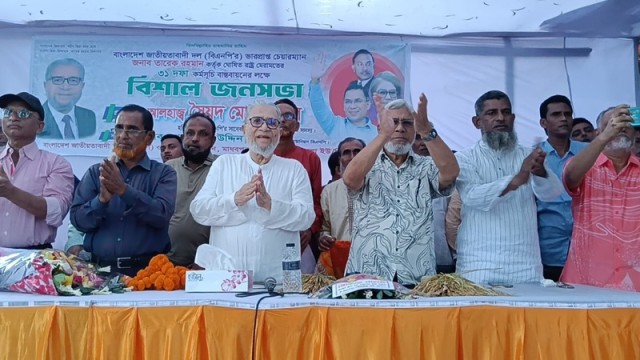
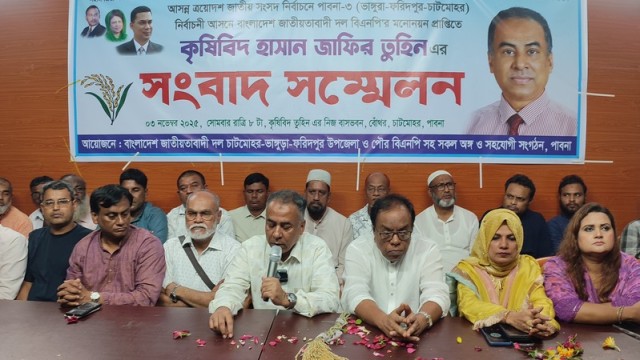


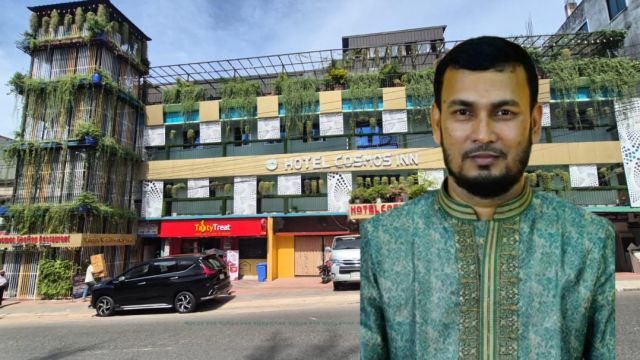
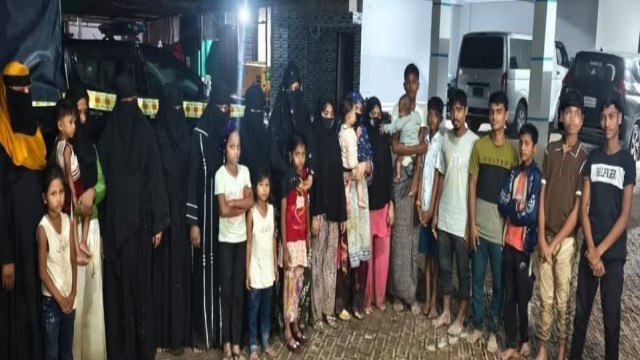






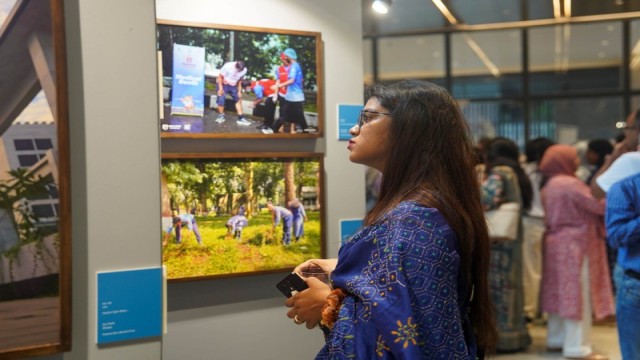

Comment: